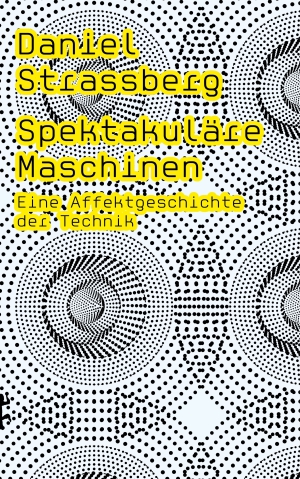The Icarus legend already tells of man's desire to be like God and his fear of being punished for doing so. This irresolvable contradiction of longing and fear determines the Western man-machine relationship to this day - heart-stirring wonder and frightening monster, inscrutable magic and coldly calculated mechanics: What is it that we have created? While the theatrical machines that brought life to the stage as mechanical songbirds, descending deities, or artificial wind produced comforting shivers in the audience, the mechanical loom and other useful machines seemed to make themselves subservient to man. The machine inspired medieval monks, who reinvented time with the clock, and met with the disapproval of the popes, who could not tolerate a time independent of God.
Machines captivate our attention and are capable of changing everything: how we work, how we think, how we love. Tracing the human search for the machine that will make him equal to God, this book itself becomes a cabinet of curiosities in which one can lose oneself without ever falling out of context.
Awards
Nominated for Science Book of the Year 2022Non-Fiction
Sample translation
English sample translation available
Daniel Strassberg, born in 1954 in St. Gallen, lives as a psychiatrist, psychoanalyst and philosopher in Zurich, where he taught, among other things, philosophy of technology at the ETH and works on the border areas of psychoanalysis and philosophy.
"It is a book that I devoured. Daniel Strassberg describes with what strong emotions and arousals, i.e. affects, we humans have reacted to machines over centuries and why we do so. It's a book [...] that gives deep insights into the long-standing relationship between man and machine." - Vera Linß, Deutschlandfunk Kultur







